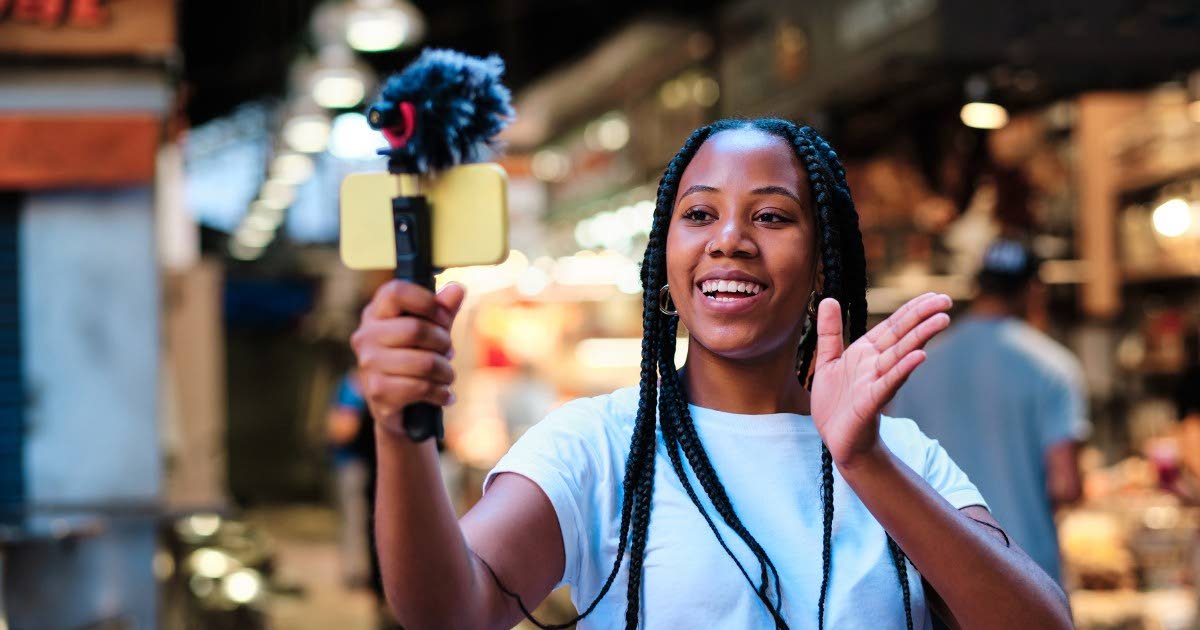The global influencer industry is undergoing a seismic transformation, driven by the rise of artificial intelligence (AI), stricter government regulations, and growing public skepticism. What began as a marketing revolution rooted in authenticity and relatability is now being redefined by these powerful forces, compelling brands and creators to adapt or risk irrelevance.
For decades, traditional media like print, radio, and television dictated consumer behavior. The advent of search engines and social media disrupted this dynamic, shifting trust from corporate logos to human influencers. However, the influencer era is now giving way to a new paradigm: AI-driven, agentic shopping. Consumers are increasingly turning to intelligent assistants like ChatGPT, Perplexity, and Amazon Rufus for personalized, data-driven recommendations, bypassing traditional influencer content.
AI’s impact is profound. ChatGPT, for instance, processes over one billion daily searches, a milestone it achieved nine years faster than Google. While Google still dominates with 14 billion daily searches, the trajectory suggests ChatGPT could match its scale by 2030. This shift represents one of the fastest behavioral changes in digital history, as consumers move from passive searching to engaging in intelligent, two-way dialogues with AI tools.
Simultaneously, governments worldwide are cracking down on misinformation. In China, influencers must now hold professional qualifications to discuss topics like finance, health, and education. The UAE mandates that paid influencers register, obtain permits, and adhere to advertising disclosure rules. These measures aim to restore trust and ensure transparency in the digital space.
Audiences, meanwhile, are experiencing influencer fatigue. Over-commercialization and performative authenticity have eroded trust, with many consumers feeling misled by influencers promoting products they don’t use. However, this doesn’t signal the end of content creation. The creator economy is thriving, with creators who prioritize expertise, transparency, and storytelling gaining real influence.
AI is now the bridge between the fading influencer era and the emerging creator economy, connecting consumers with trustworthy creators who deliver verified, personalized insights. For businesses and marketers, especially in the Caribbean, the challenge is not whether they can adapt but how quickly they can do so to remain relevant in this new age of authority.
